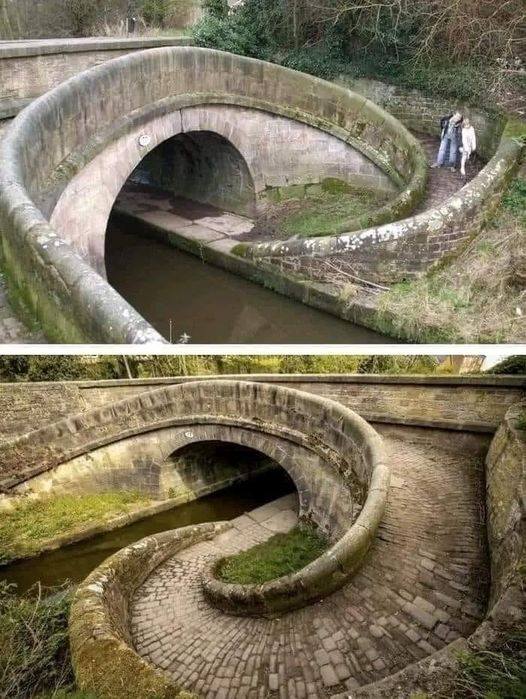this post was submitted on 25 Nov 2024
546 points (99.5% liked)
History Ruins
1524 readers
79 users here now
What is a ruin? We’re running off of “You know it when you see it” at the moment. Ruins should be non-functioning structures of some age, or their function reduced to tourism and the like.
Generally speaking, specific items from a ruin should go to !historyartifacts@lemmy.world
Illustrations of ruins (or their reconstructions) should go to !historyillustrations@lemmy.world
Photos of ruins back when they were functioning should go to !HistoryPorn@lemmy.world
founded 1 year ago
MODERATORS
you are viewing a single comment's thread
view the rest of the comments
view the rest of the comments

An awfully large number of things that are now considered 'historical scenic attractions' and 'an integral part of the landscape' were originally built entirely for practical purposes with almost no consideration for aesthetics. Especially bridges and other infrastructure. See also steam trains.
But you try and build new infrastructure and everyone wants to spend 3x the cost on architectural design, screening, or tunnel it underground entirely.
I beg to differ on the abject lack of aesthetic consideration. I’ve skimmed through old construction manuals and from even the surface it seems old masters of the building craft were obsessed with the blending of aesthetics and function
I think it was because the balance between materials and labor costs was different back then. If everything was being handmade by artisans anyway, why not let them make it look nice while they're at it? Besides, without machine precision, ornamentation is probably quicker and easier than straight lines in a lot of cases.
(See also: traditional architectural styles vs. modernism.)
Buildings yes.
I'm not so sure about infrastructure, especially things like steel girder bridges.